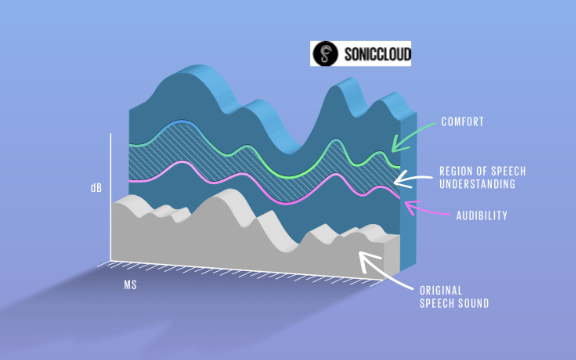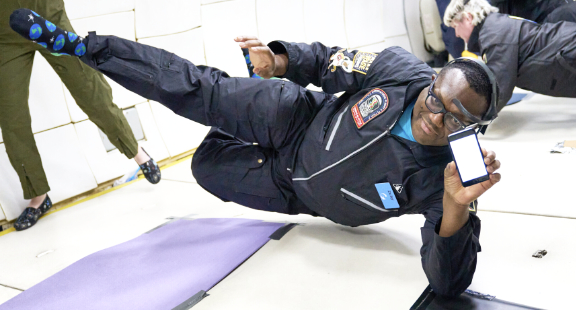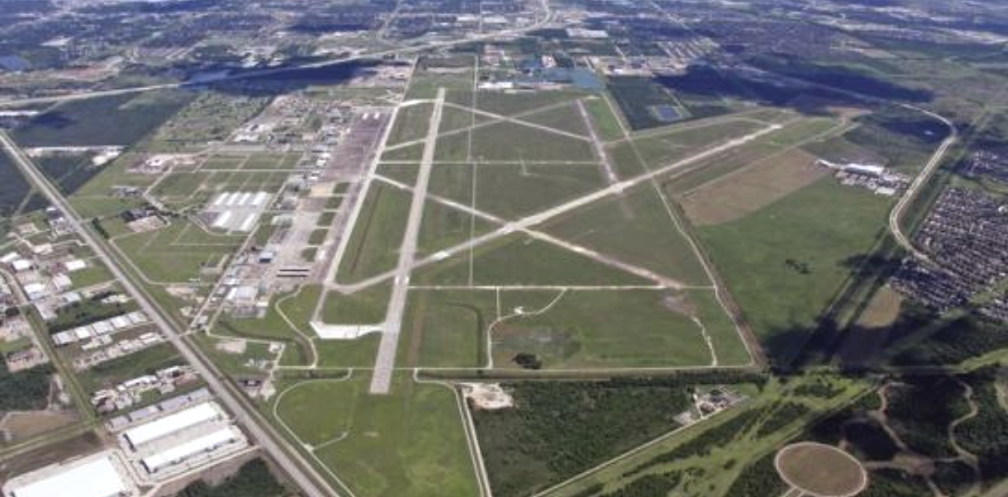
Bottom left photo: Denna Lambert [L], Victoria Garcia [C], Dr. K Renee Horton [R], float in zero-gravity to investigate accessibility techniques for future space vehicles and space stations onboard AstroAccess’ disabled research parabolic flight.
Bottom right photo: Jose Luis de Augusto, a Spanish aerospace engineer who uses a wheelchair, demonstrates zero-gravity docking techniques for future space vehicles and space stations onboard AstroAccess’ disabled research parabolic flight Top: Zero G Photographer was Tasha Dixon.
AstroAccess, a project dedicated to promoting disability inclusion in space, successfully completed the first, formal research flight ‘AA2’ onboard a Zero-G Corporation’s aircraft. The flight included 14 disabled crew members from five different countries: Australia, Brazil, Germany, Spain, and the U.S.
The Zero-G aircraft ascended to an altitude of 25,000 feet, at which point the vehicle commenced 18 parabolic maneuvers. The flight was completed in Houston, Texas, on December 15, 2022. The mission took off and landed at Ellington Airport, adjacent to the Houston Spaceport and the NASA Johnson Space Center, the home to U.S. human spaceflight training.
The AstroAccess AA2 flight was completed just weeks after the European Space Agency (ESA) announced that John McFall, a person with a disability, would be part of the 2022 ESA Astronaut Class. AstroAccess is proud to have Johann Dietrich Worner, the former Director General of ESA under whom their disabled astronaut initiative was conceived, on its Advisory Board.
AA2 was the first full charter research flight for AstroAccess. In Zero-G Research Flights, the cabin is configured for research demonstrations and the number of parabolas is extended. During the AA2 flight, the disabled crew conducted a variety of scientific demonstrations to advance universal design in space:
The Blind Crew tested an innovative set of tactile graphics to be added to cabin walls that will allow both blind crew members and sighted crew members to stay oriented during emergencies and find emergency gear in zero gravity if the lights go off.
The Blind and Mobility Crews also demonstrated for the first time that a disabled person can independently get into a launch seat and safely fasten the five-point seat harness, making it clear that disabled people can safely fly aboard suborbital space missions.
In collaboration with Sony and SonicCloud, the Hard-of-Hearing and Blind Crews demonstrated a system to enable improved speech understanding using SonicCloud’s innovative sound personalization software, which allows the user to tailor the audio to their hearing ability, in conjunction with Sony headphones.

The Deaf crew continued their work on linguistics studies of intelligibility of American Sign Language (ASL) in zero gravity. This group previously worked on ASL comprehension on the Aurelia Institute Horizon flight early this year and as part of a scuba diving experiment at the University of Arizona’s Biosphere 2 in Tucson, Arizona last month.
The Biosphere2 experiment was made possible through the partnership and generosity of Uplift Aerospace, which has selected AstroAccess as the official philanthropic beneficiary of the Space+5, a commercial astronaut program. This work was also supported by CHaSE, the Center for Human Space Exploration.

Anna Voelker, the executive director of AstroAccess, said, “While there is still work to be done to make space accessible for everyone, the success of this historic parabolic flight and ESA’s selection of John McFall show strong movement in the right direction.”
The flight was sponsored by George Whitesides, the co-founder of AstroAccess, and Dylan Taylor, the space entrepreneur. Mr. Taylor said, “AstroAccess is proving that space can one day be accessible for everyone.”
“From our time with Steven Hawking to our relationship with AstroAccess, Zero G believes that the only limits you have are the ones you place on yourself,” said Matt Gohd, CEO of Zero G Corporation. “We are honored to share this amazing experience and the first steps to space with this extraordinary group of individuals. Space should be open to everyone.”
“Inclusiveness and innovation go hand in hand,” said Arturo Machuca, Director of Houston Spaceport and Ellington Airport. “As a focal point for aerospace innovation, we stand proud with partners like AstroAccess, who strive to level the playing field for space exploration.”
The success of AstroAccess AA2 highlights the growth of AstroAccess over the past year. AstroAccess continues to form partnerships and have conversations with major stakeholders in the commercial space industry, including commercial space station companies.
AstroAccess is funded entirely by charitable donations, which can be made via the website: astroaccess.org/donate/.

